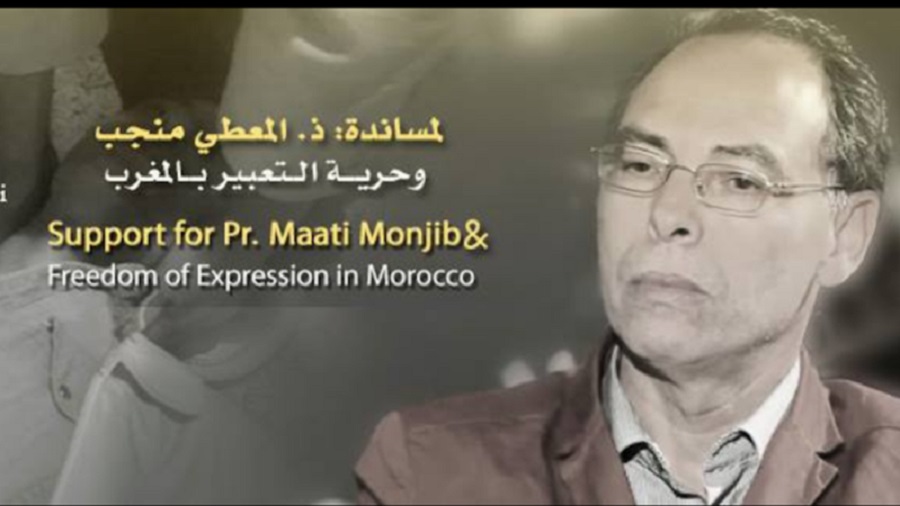Hasan, a detached look in the eyes, a wristband to the colors of the Free Syrian Army, is struggling to remember of any independent journal: …

L'œil de la Maison des journalistes
Liberté d'informer & Accès à l'information

Hasan, a detached look in the eyes, a wristband to the colors of the Free Syrian Army, is struggling to remember of any independent journal: …

Communiqué de Maâti Monjib, historien, politologue marocain, journaliste et défenseur des droits de l’Homme. En, mai dernier, Mediapart soutenait l’universitaire “interdit de quitter le territoire …

[PORTRAIT] Un bracelet aux couleurs de l’Armée Syrienne Libre au poignet, l’air détaché, Hasan ne parvient pas à se remémorer d’un seul journal indépendant en Syrie. «Je suis certain, en tous cas, qu’il n’y avait aucune couverture médiatique de ce qu’il se passait dans le pays.»